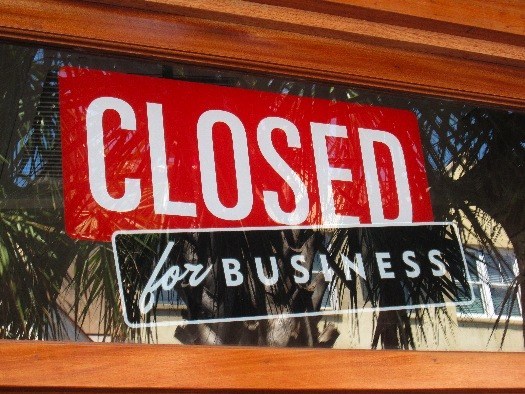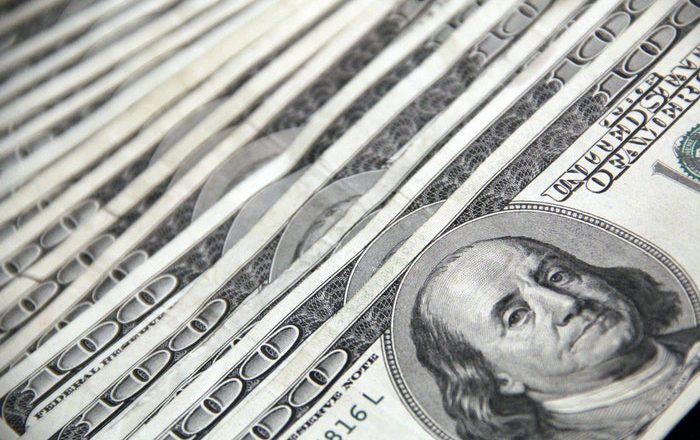Poor and black ‘invisible cyclists’ need to be part of post-pandemic transport planning too
As states and workplaces prepare to open up after the lockdown, many people are looking for alternatives to public transit to get to work.
The National Association of City Transport Officials reports an “explosion in cycling” in many U.S. cities. Bike stores are selling out, and global supply chains are struggling to meet demand. But the post-pandemic ride will be more bumpy for some.
Low-income and minority groups are often more reliant on cheaper modes of travel such as cycling. Back in 2013, the League of American Bicyclists reported that “the fastest growth in bicycling is among the Hispanic, African American and Asian American populations.” Yet these groups may find cycling to work more problematic.
As a professor of urban and environmental policy and planning, I believe it critica...





